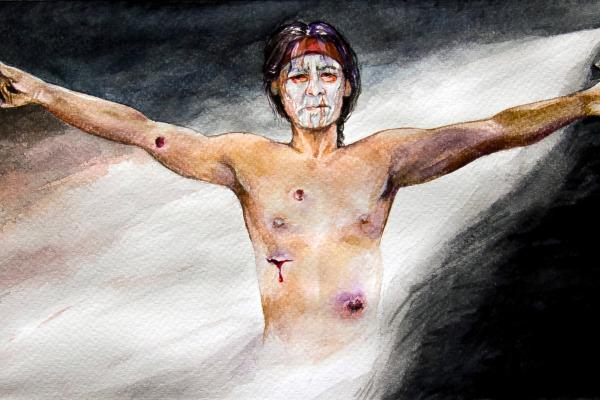Mar 6, 2017
At Standing Rock, I had to ask myself a difficult question: Was my solidarity based on a deep commitment to seeing out the fruition of justice, or was my solidarity and presence momentary, divorced from a long-term commitment?
Read the Full Article

Already a subscriber? Login
